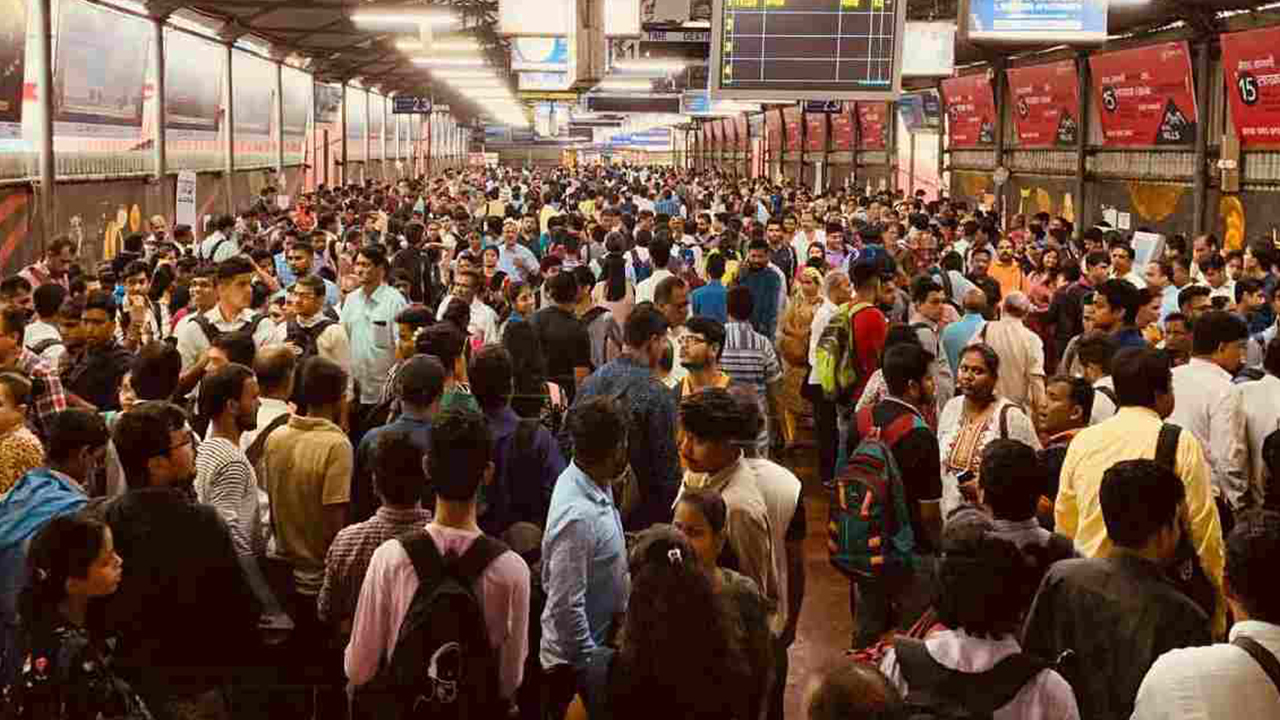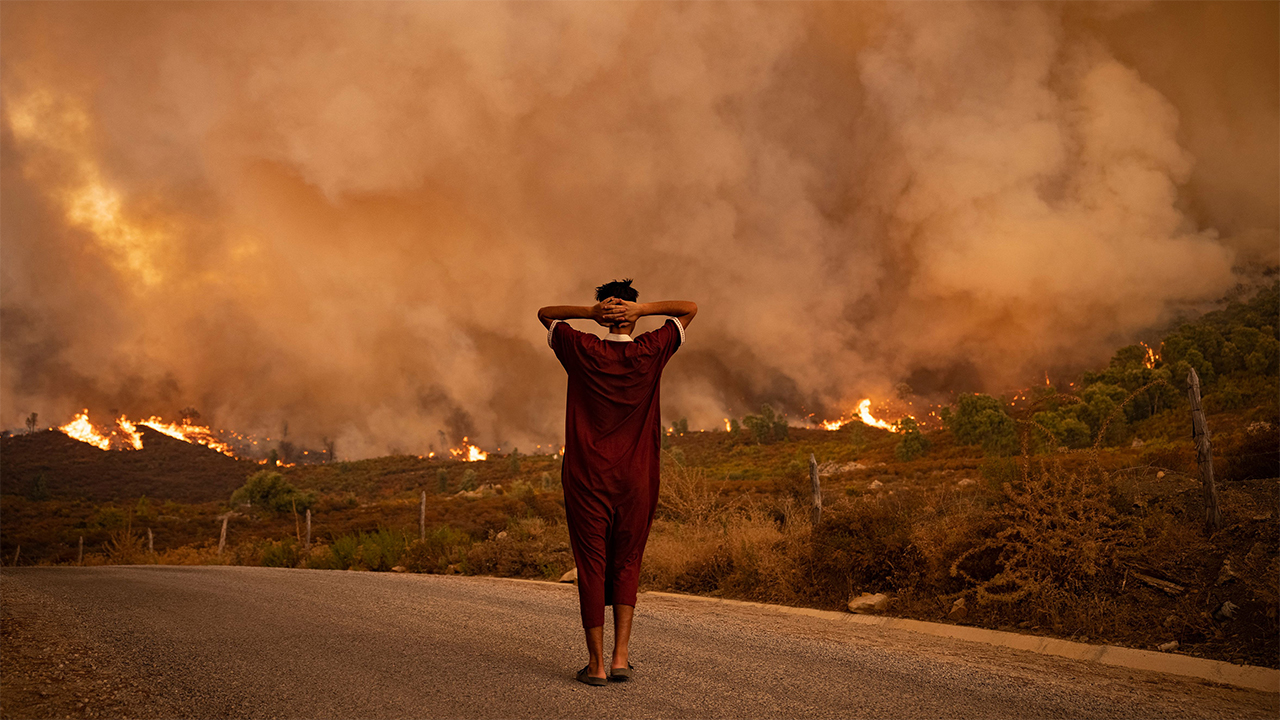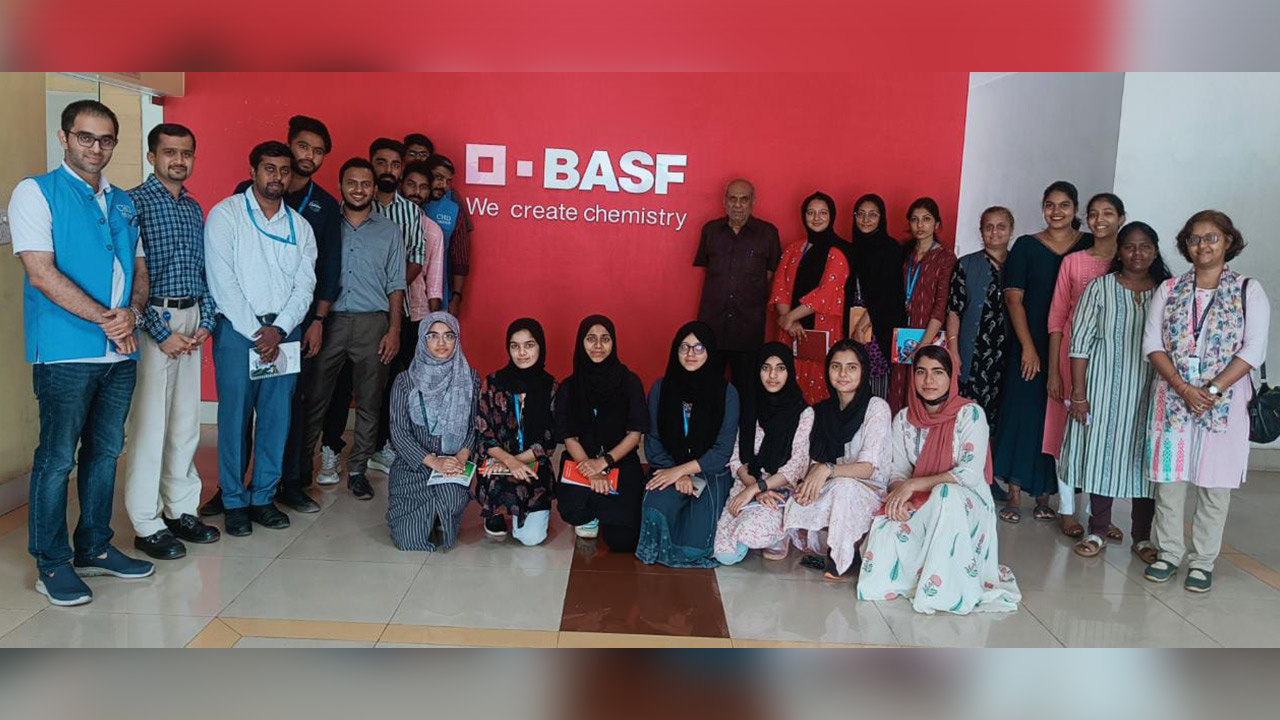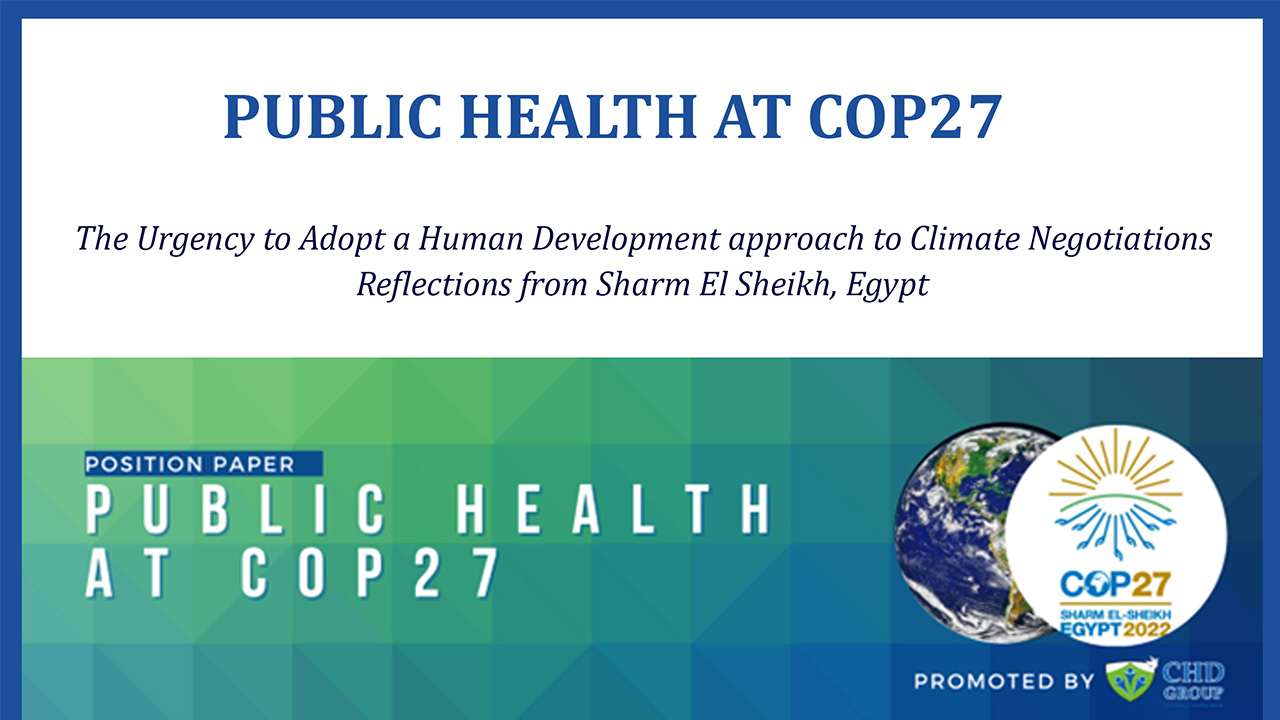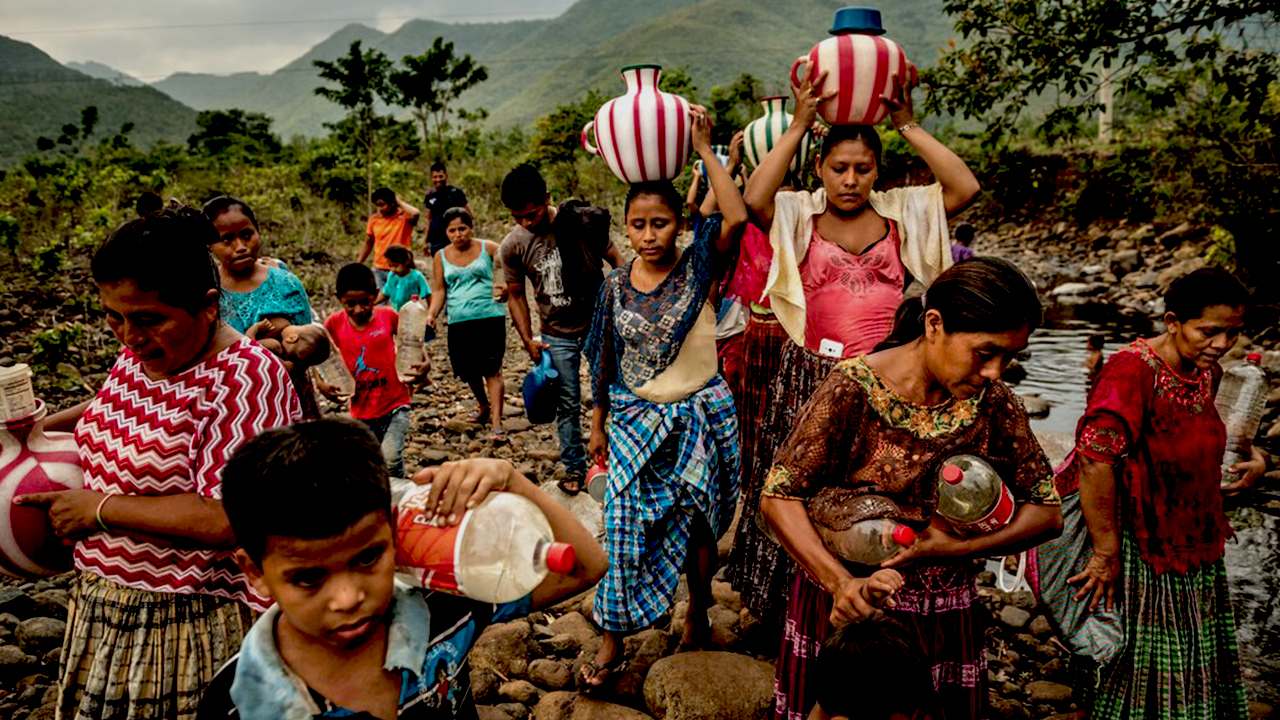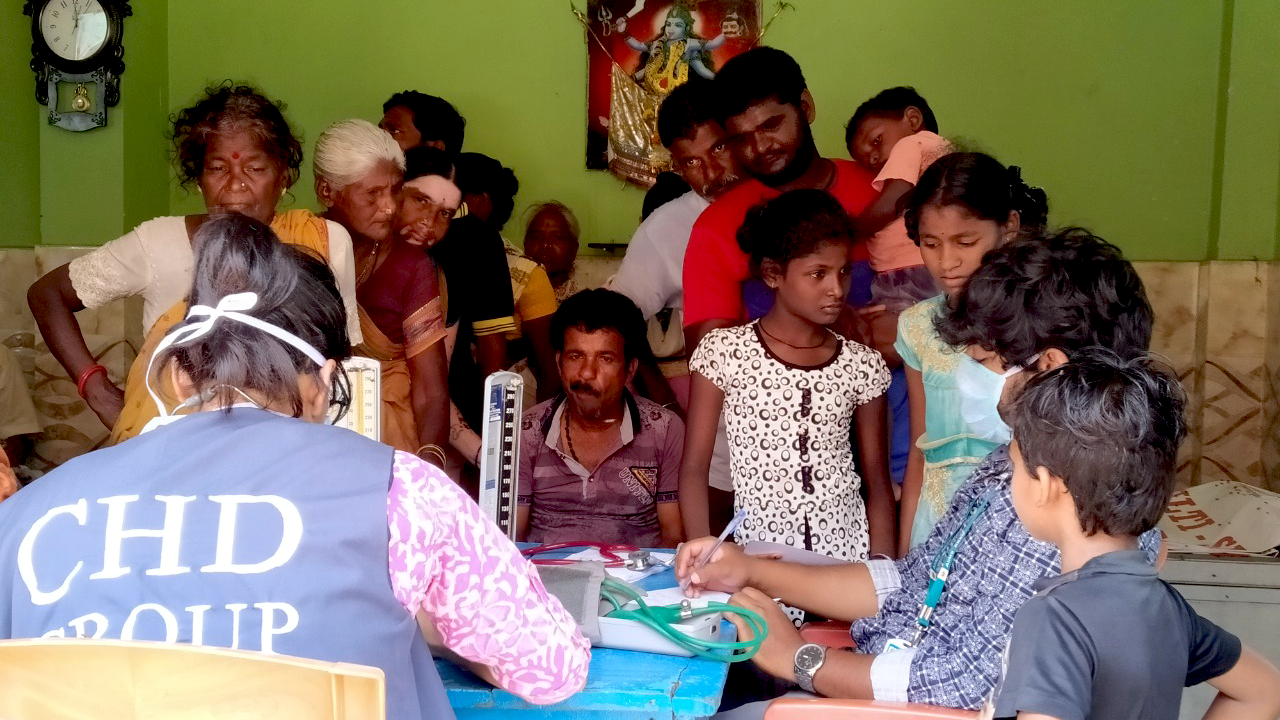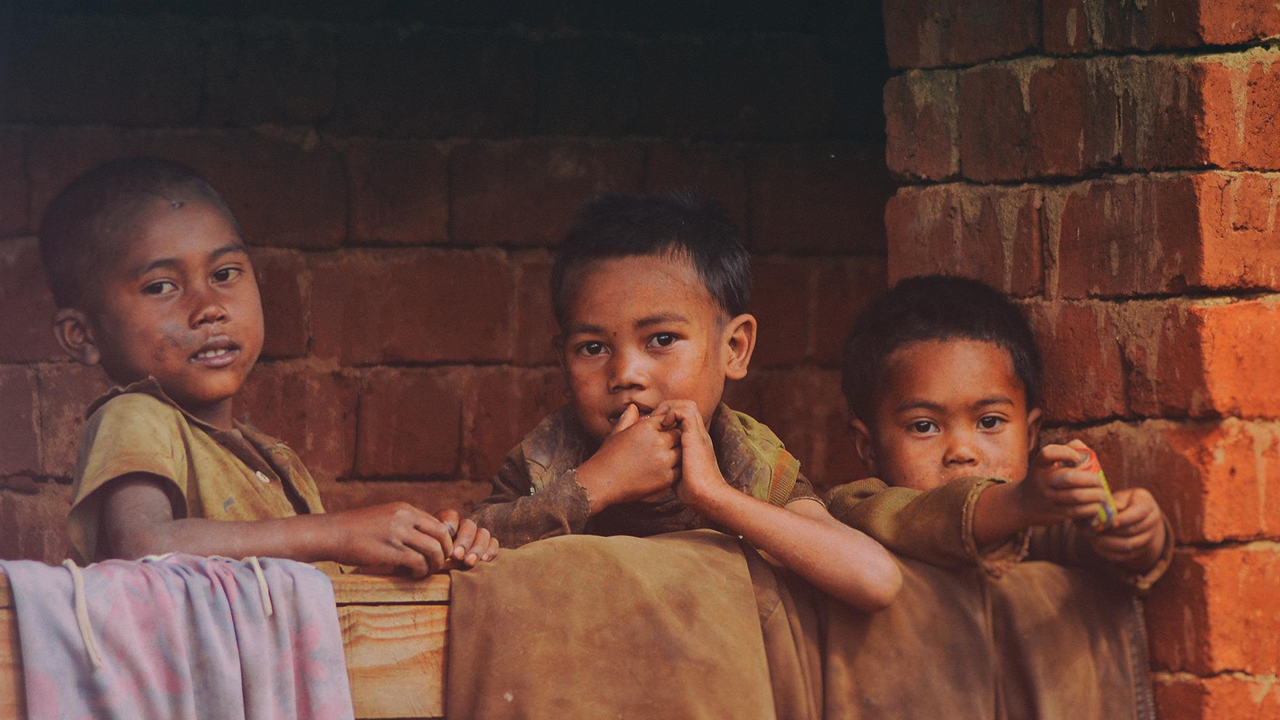Cancer is the second leading cause of death all around the world. WHO states that nearly 10 million deaths have been occurred in the year 2020 due to different cancer. The burden of cancer continues to grow throughout the world and puts a huge physical, emotional and financial burden on individuals, families, communities and health…
Read MorePopulation control bills are the laws that aims to regulate or limit population growth in the country through various measures. The specific provision of such laws may vary, but usually it includes measures to encourage or enforce family planning. India is currently most populated country in the world with over 1.4 billion people. Hence it…
Read MoreClimate change and disaster risk reduction are two critical areas of concern for global development, which are interlinked and must be addressed together. Climate change leads to an increase in natural disasters, and disasters, in turn, can intensify climate change impacts. Addressing disaster risk reduction (DRR) and climate change adaptation (CCA) simultaneously can reduce the…
Read MoreThere are many career options available to individuals who have completed a Masters of Public Health (MPH) degree. Here are some potential career paths: Epidemiologist: Epidemiologists investigate the patterns and causes of diseases and other health-related problems. They also design and implement public health interventions to prevent the spread of disease. Health Policy Analyst: Health…
Read MoreEdward and Cynthia Institute of Public Health – an Advanced Technical Cooperation centre with Yenepoya University had an industry visit for Masters of Public Health (MPH) students to BASF India Pvt Ltd. The factory visit was scheduled to understand the Environmental and Occupational Health standards, Factory Governance, learn more about the Factory Act 1948 and…
Read MoreThe covid-19 pandemic has reshaped our lives in numerous ways and one of these is digital health. We have witnessed the revolutionizing of telemedicine, digital therapeutics, and digital innovations in medicine. Despite the digitalization & innovation in medicine and healthcare, health inequity has increased majorly. There are 3 prime factors that are important to be…
Read MoreDisasters and emergencies became a part of communities around the world. Local communities or existing infrastructures are not designed and framed to withstand the consequences of emergencies that are happening presently around the world. The extended shortcomings to support the post-disaster phases and rehabilitation in communities breaks down the expectations and hopes of sustainable growth…
Read MoreBuilding community resilience calls for understanding how systemic risks influence policy outcomes and why existential gaps need to be plugged to tackle the nexus of public health consequences – extreme weather events and natural disasters. The pandemic has exposed the fault-line threadbare which imposes new questions and also calls for an amendment to the Disaster…
Read MoreMalnutrition is a condition, where deficient or excess nutrient intake or imbalance of required micronutrients is on daily recommendations. The double burden of malnutrition (DBM) concept first emerged in the year,1992 at the International Conference on Nutrition (ICN) conducted by the Food and Agriculture Organization of the United Nations (FAO) and the World Health Organization…
Read More

